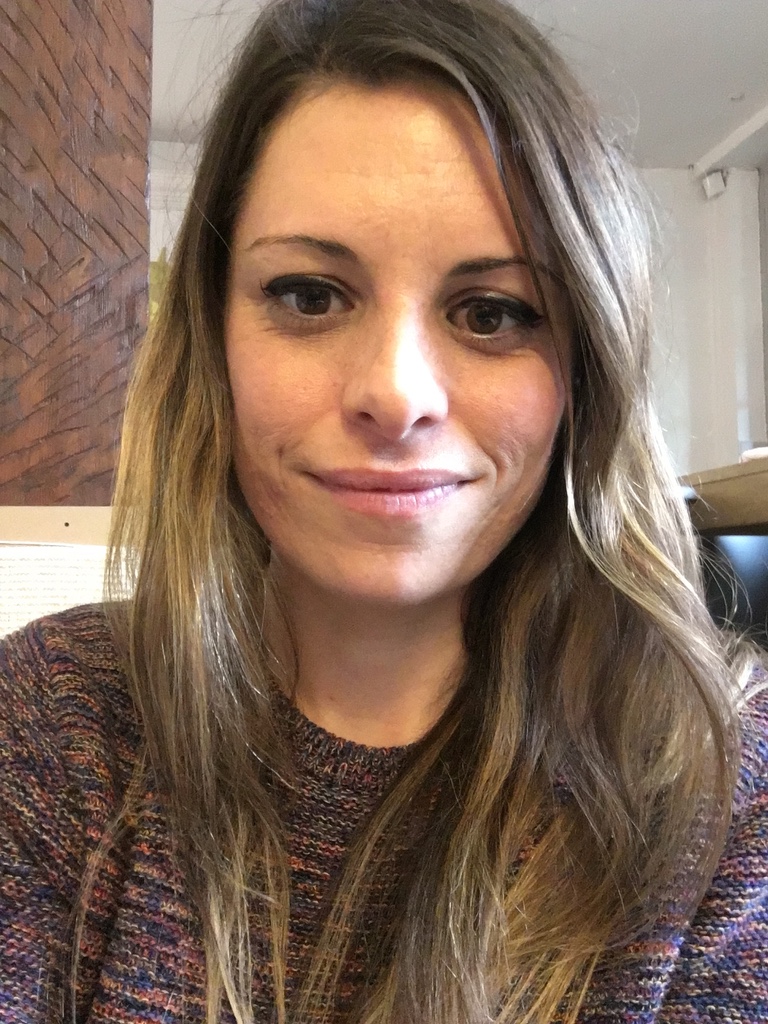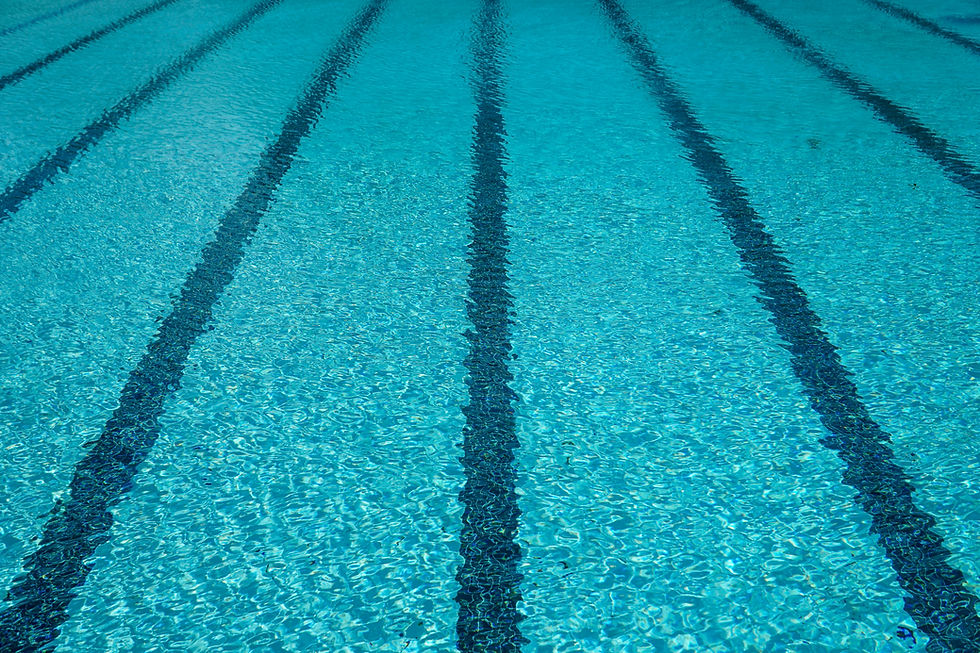From Dry Land to Death and Back Again—The Ferry from Phu Quoc
- Carla McCannon

- Sep 30, 2025
- 5 min read
Updated: Oct 3, 2025
The wooden pier stretched ahead in the morning sunlight, its tip a distant dot poking out against the sea. We followed the stream of backpacks single-file like a line of ants, the wind lashing choppy indigo waves against the planks as we tried to keep our balance in its energetic embrace, the snail-like homes on our backs adding extra complexity to the matter.
My younger sister and I were finally leaving Phu Quoc to get back to the mainland of Vietnam, after what was supposed to have been a paradisaical island escape to mark the end of a month-long trip up through Vietnam. In actuality, it had been a rainy and rather claustrophobic few days cooped up in bland hotel rooms.
"God I hope that's not the boat" my sister muttered as we approached the end of the pier and we glimpsed a tired, battered plastic vessel bobbing slightly wildly in the waves.
Rather inevitably, it was.
Growing up, I had been the one who had panic attacks, but as we got older, my younger sister became increasingly anxious about travel scenarios that might result in death: usually planes crashing on take-off or landing. After experiencing some of these dark, debilitating episodes myself, before I even knew they had a name, I was both horribly familiar with the feeling, which is unlike anything else – a sucker punch to the entire body and mind – and incredibly grateful to no longer find them thrust upon me.
My sister and I are from London, but we had been partly brought up in France, before moving back to England as teenagers, whereupon we had grown very close, bonded by our common experiences. Although I am a writer, writing about mental health and panic attacks is new to me, but I feel that it can only be reassuring to have as many anecdotes out there as possible to remind oneself, at the height of what feels like one's mind closing in, that these are so very much a shared human experience, and that there is light at the end of that tunnel, even if you can't see it.
The below-sea-level cabin was rammed full of people, backpackers, and locals squashed against each other in rows. Someone handed out bottles of water. Someone else handed out hand wipes. Just ten minutes in, the passengers attention had been captured by the increasingly energetic bouncing motion of the boat. Children squealed in delight as waves splashed against windows, adults laughed out loud. I turned, grinning, to my sister, only to find her ashen-faced beside me.
"It’s going to be fine!" I assured her, smiling reassuringly, realising that she was not enjoying this unexpected liquid rollercoaster as much as the rest of us.
Ten minutes later, the cabin had fallen silent as the boat lurched from side to side. Through the din of the engines, the violent hammering of water against wood, and the creaking of the boat's body as it rose and smashed into the ocean, you could pick out a stomach-deep chorus of retching. My sister pointed mutely to the window beside us as water sprayed in with each passing wave. A tear rolled down her cheek. I squeezed her hand tighter and smiled, "Don't worry."
My sister and I have travelled together frequently over the years, and I was well aware of the symptoms of a panic attack in her. One look sideways at her face – frozen as a plane took off, or during turbulence – and I knew that, although she looked calm, inside a storm was raging. Someone handed out sick bags, gratefully received by many.
A row ahead of us, the roof started gently dripping seawater into the cabin. I looked around discreetly for an exit and couldn't see one. It occurred to me then, in a sudden, clear moment of quiet inner-honesty, that if the boat tipped, there would be no escape. Water would come pouring in, and we would all drown en masse off the coast of Vietnam, somewhere in the South China Sea. The headlines flashed before my eyes, all too easily, and I wondered, not for the first time whilst travelling, whether this was how I was going to go.
"Just popping to the loo," I smiled briskly to my sister, who nodded mutely, as I snuck off to scout for an escape route that might include the possibility of life at the other end.
Down the cabin, up some steps, through a door and finally out into the open air, was a tiny passageway between engine room and cabin, with two toilets for anyone brave enough, and fresh air and dark grey sea at each end. Should one slip on the wet floor, which one so very conceivably could, given the quantities of water swishing in over the plastic floor and one's flimsily flip-flopped feet, one would be deposited straight into the sea, in one swift sliding motion.
I waited for my turn for the toilet, contemplating the roiling colourless waves and reflecting that my sister and I were both fairly strong swimmers. Surely the open sea, the possibility of sharks, and a death born of exhaustion were better than being drowned with a crowd in a claustrophobic cabin; screams, tears, and panic being the soundtrack to your entry into the afterlife.
I waded back out, my decision made, and squelched down to the cabin. A wave caused me to lurch drunkenly down the aisle. Somebody else's stomach lurched audibly into a paper bag as I swung into my seat. The faint odour of vomit mixed with sea salt permeated the cabin.
"Come on, let's get out of here!" I said, leaning down to my sister, who stood wordlessly.
I ushered her out ahead of me, back down the cabin aisle, up the steps, into the open air of the tiny passageway. Surf crashed through, drenching us immediately and thoroughly. "This way we can swim!" I yelled, still attempting reassurance.
We had been very disturbed a few months before our trip to read about the death of an ex-colleague of mine whose ship had overturned in Halong Bay, North Vietnam, drowning all the occupants that found itself below-sea-level. The thought of such a horrific and claustrophobic death had haunted us both – but particularly my sister – all the way around Vietnam. I was honestly not sure how real a threat there was here: if this was just a regular crossing from Phu Quoc, or if this battered vessel really might tip at any point, but I knew that for my sister, regardless, her experience was as real and all-encompassing as if we were facing imminent death.
Three Vietnamese workers watched as we staggered simultaneously to the rhythm of the sea. When they realised we weren't there to use the toilets, they shovelled water back to the sea where it came from in buckets, and handed us a tiny plastic stool, motioning for my sister to sit. Just above us, in a cubby hole full of luggage, an old man sat watching us wearing a motorcycle helmet and an expression of utter serenity. One of the workers handed my sister a damp cigarette. She forced a smile of gratitude and wiped away a tear. He lit it for her and she inhaled gently. I squeezed her hand and smiled at the old man. He smiled back.
After that, sea and souls began slowly to settle. And then, for the next hour before we reached land, it was just the hypnotic visuals of the muted green-grey sea, the dark pearly sky, and the old man with all his wrinkles and his two calm eyes, staring out at the waves.
This article has been sponsored by the Psychiatry Research Trust, who are dedicated to supporting young scientists in their groundbreaking research efforts within the field of mental health. If you wish to support their work, please consider donating.











